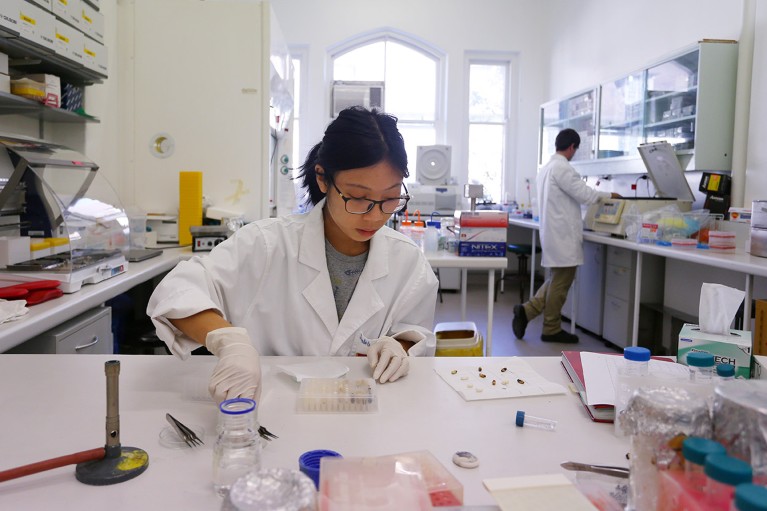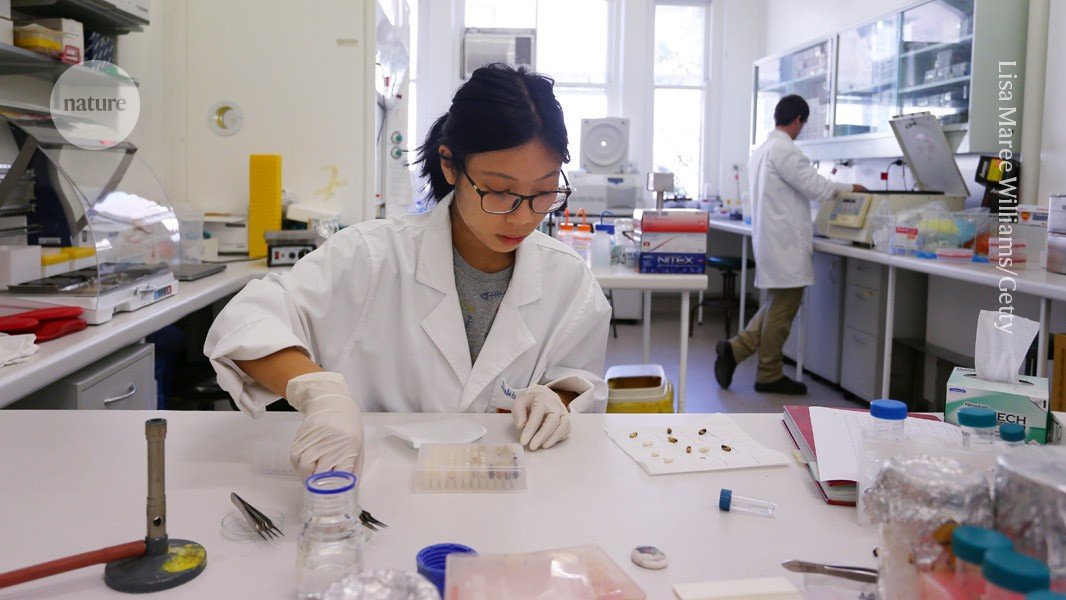
Limited Jobs in Academia Are Deterring Students from Enroling in Doctoral Degrees in Some Countries.Credit: Lisa Maree williams/Getty
Numbers of People Enrolling in Phd Programmes Have Dropped In A Handful of Countries in the Past Few Years, which policy specialists are calling a worrying trend. From Australia and Japan to Brazil and the United Kingdom, There are concerns that high living costs, low stipends and limited job options after graduation are deterring from deters
These declining numbers should “act as a wake-up call” for that counties, says Cláudia Sarrico, A Project Lead at the Organization for Economic Co-Development and Development (Oecis). “This is a signal you need to reform working conditions and think about diversifying career options – otherwise, you risk a talent drain that will ultimately slow down science.”
The Most Recent Figures on this trend, released by universities Australia and the Australian Council of Graduate Research (Acgr) in January, Reveled an 8% Reduction in the Number of Domestic PHD ANOOLMENTS 2023, Although the population of the country Grew by more than 7% over the same period.
Phd Poverty
In many countries, one of the biggest factors deterring students from Pursuing Doctoral Degrees is the high cost of living relative to how much they get paid.
In Australia, The Average Phd STEND is Roughly AUS $ 32,000 (US $ 20,000). “It is Well under the minimum wage,” Says louise sharpe, president of the account, based in Melbourne, Australia. And although it is just about the poverty line for people who are single, the average doctoral student in the country is in their late thirteies – often having come with experience with explanation IES and Other Responsibilites, Sharpe Adds.
Financial insecurity is also one of the Chief Concerns for Doctorial Students in Japan, where the numbers of Phd students have been droping since the Early 2000s. In 2023, the number of domestic phd enrollments was 15,014, compared with a high of 18,232 in 2003. in Response to this Issue, Japan’s’s Ministry of Education, Culture, Sports, Science and Technology ( Ced plans last year to provide extra Funding to doctoral students.
People have also also been losing an interest in postgraduate education on the other side of the Ocean. Last year, the brazilian federal agency for the support and evaluation of Graduate Education (Capes) Released a Report Revealing that, in 2022, The Country Saw Its Lowest Number of Domestic PHD ENDED END ENDED ENDED ENDED One factor was the covid-19 pandemic, but that was not the only reason for the drop, says Capes President Denise Pires de Carwalho, Headquartered in Brasilia. The Economic Crisis in Brazil, Along with the government’s unwilling to increase Funding for Science and Technology was also also Major Contributors, Pires de Carvalho Says.
Things are beginning to shift. In 2023, The Brazilian Government Increased The Value of Grants for Master’s and Doctoral Students by 40% – The first increase in a decade. This change brieft with it a slight increase in enrollments in that same year.
In canada, where phd numbers haven’t yeet dropped, a Need for more Funding to Provide a living wage for doctoral students have been a big discussion over the last few years Graduate Studies, who is based in Halifax. Last Year, The Canadian Government Responded to this Need By Increasing Graduate-STUDENT SCHOLARSHIPS for the first time in more than two than two decades. This has ben a welcome change, but Sarty notes that these grants only go to the top students – and extra changes are needed to provide more finance more financial security to those these these these
But many canadian universities are under underancial strain of a Dip in Enrollments in Professional Graduate Programmes, Such as MBAS, Owing to a Cap on International Students Cap ES Such as the United Kingdom Have Seen Similar Rules Put in Place in Recent Years-Raising Concerns About Universities’ Abilites to Support Early-Career Researchers.
Job Precarity
Source link
